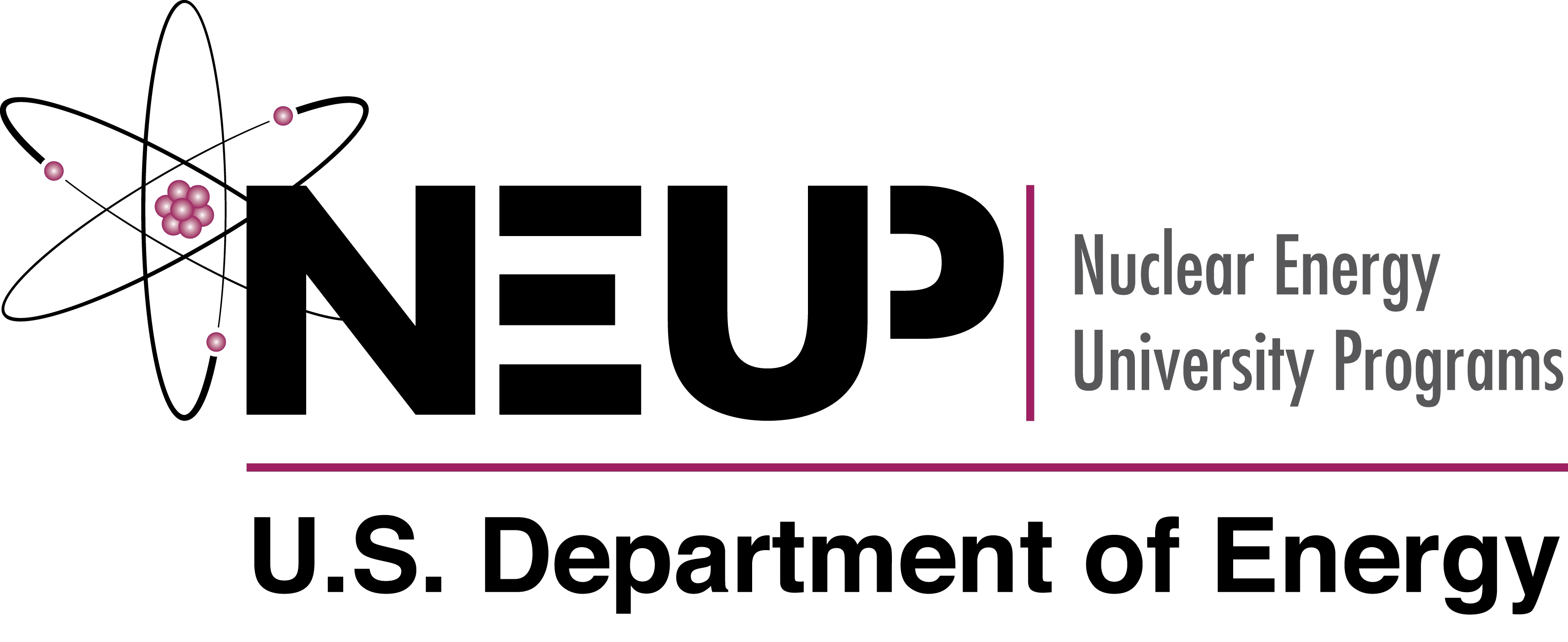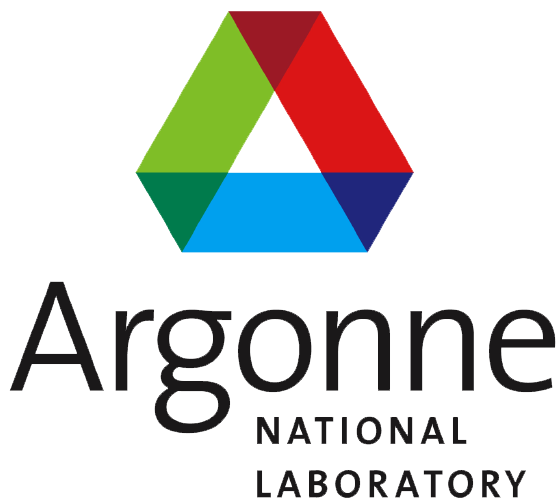The Cyclus Community & Ecosystem¶
The Cyclus project is owned by its community of users & developers and welcomes code & contributions from everyone!
An important goal of the Cyclus effort is to attract a community of developers contributing to a vibrant ecosystem of models. Due to sensitivities regarding the distribution of software for simulating nuclear systems, this ecosystem requires careful considerations in its design and implementation.
Critical to the success of this community is the widespread availability of the core infrastructure of the Cyclus simulation environment. Because this environment is formulated using a variety of generic concepts not specific to nuclear energy systems, this should mitigate concerns for the open source distribution of this core infrastructure.
Moreover, this infrastructure is also designed to allow for the addition of runtime modules, or plug-ins, that can be developed and distributed under any licensing scheme. Separate from the core infrastructure, the distribution responsibility will rest with the developer of each module. This system will insulate the core infrastructure from accidental “pollution” by modules of a sensitive nature, and, similarly, limit issues regarding the authorization for distribution to the author’s organization. Ideally, most module developers will be authorized for open distribution of their modules.
Finally, the community will be relied upon to provide review and curation of available modules, establishing both quality assurance practices and recommendations for best use cases for each contributed module.
Below, a more detailed exposition of these characteristics is provided.
Open Source Core Infrastructure¶
The current portfolio of fuel cycle simulators has been characterized by barriers to adoption by new users and developers including:
policies of limited/restricted distribution,
reliance on propriety software development infrastructures, and
deeply embedded nuclear technology assumptions arising from development path.
Because one of the principle purposes of Cyclus is to create a fuel cycle simulator system with a low barrier to adoption, a policy of open source distribution of this core infrastructure is critical to its mission. (Cyclus is also committed to free and widely used software development tools, such as GNU compilers, SQLite, Boost, etc.) The Cyclus core is currently available via its GitHub repository. Interested users and developers are invited to make their own copy of this repository, review the list of open issues, and participate in the developer’s mailing list. Like all open source projects, this distribution mode permits a thorough code review by interested parties and the possibility of contributions in order to identify/resolve defects or request/provide feature enhancements.
The Cyclus core infrastructure provides a generic environment for modeling flows of materials through a collection of nuclear facilities. This infrastructure could be used for modeling many different supply chain systems, nuclear and non-nuclear alike, this infrastructure prioritizes nuclear systems analysis. Addressing the barrier of deeply embedded nuclear technology assumptions, this approach ensures that the core infrastructure has a very low risk of containing sensitive information regarding the simulation of nuclear systems. These capabilities are added by acquiring and invoking plug-ins developed and distributed by the Cyclus community.
The open source approach can also allow the project to leverage the efforts a larger pool of developers and improve the quality of the software product [1].
Decentralized Module Development & Distribution¶
When a user/developer wishes to contribute a new module to the Cyclus ecosystem, they will be responsible for all aspects of that distribution. The Cyclus core development team will provide a catalog of available modules (details are still under development), but this catalog will point to external distribution sites that are consistent with each contributors personal and/or institutional needs. For example, developers who are permitted to follow an open source approach with their own contributions can have their own GitHub account and share their modules through the same mechanism as - but a different location from - the Cyclus core. For some subset of open source distribution mechanisms, the Cyclus core will include tools to make it easier for individual users to download and install contributed modules or collections of modules.
Decentralizing the development and distribution of runtime modules provides a number of benefits. First, as is true for the core infrastructure, a larger pool of developers can contribute to the Cyclus ecosystem by providing modules that represent their organization’s specific interests. If a particular user/developer would like to understand the impact of their own technology on the greater fuel cycle, they are free to develop a module that simulates this technology and contribute it to the broader community.
More importantly, this will contribute to the maintenance of a “pristine” core infrastructure, from the point of view of sensitive information. Any software added to the source code repository leaves behind permanent artifacts - even if removed at a later date. The inclusion of all newly developed plug-ins in a centralized software repository could result in the entire repository being declared sensitive. Decentralized distribution mitigates this risk.
Finally, a centralized approach would require identifying a single organization that would accept an ongoing burden of authorizing distribution, assessing quality and assembling collections. A decentralized approach removes the burden of authorizing distribution and reviewing contributions from a central authority. Rather, the authors and community are responsible for these tasks, as described in the following sections.
Peer-review QA and Rating¶
For most organizations, including a plug-in in a centralized software distribution would be regarded as a tacit approval of the quality and utility of the module. In most such cases, a substantial burden of quality assurance and testing would be required by the organization preforming this centralized distribution. In the decentralized approach of the Cyclus ecosystem, mechanisms will be provided for members of the community to provide peer-review of the modules’ quality and applicability to certain problems.
For modules that are distributed with an open source policy, other users and developers will be able to perform a direct source code review as well as testing the functionality of the module in fuel cycle analyses. For other distribution policies, more limited review will be possible.
In all cases, practices and policies will emerge from the community to support standardization of this process. For example, providing adequate documentation and test suites will result in a better review from members of the community and ultimately will become pre-requisites to a positive peer review.
Curation and Collections¶
When the number of contributions is sufficiently large, there will be benefit in developing collections of modules that are known to be useful for certain types of simulations. A decentralized approach will allow individual members of the Cyclus community to create such collections, providing a curation function to help both new and experienced users identify the modules that are likely to give them the most benefit.





